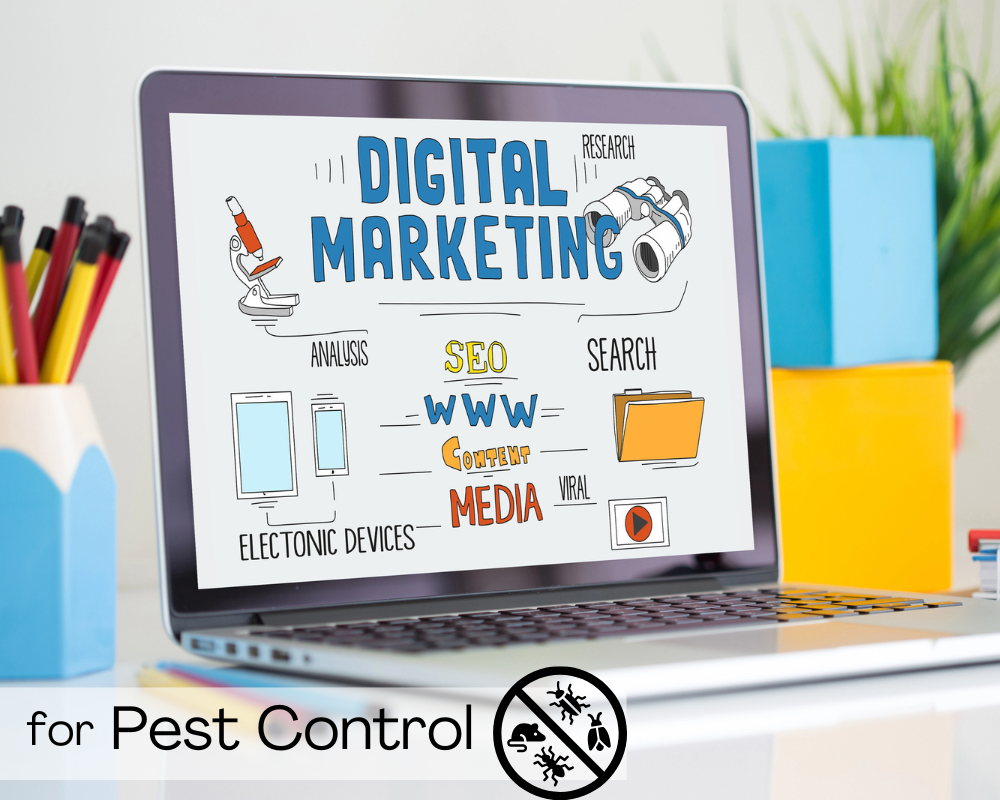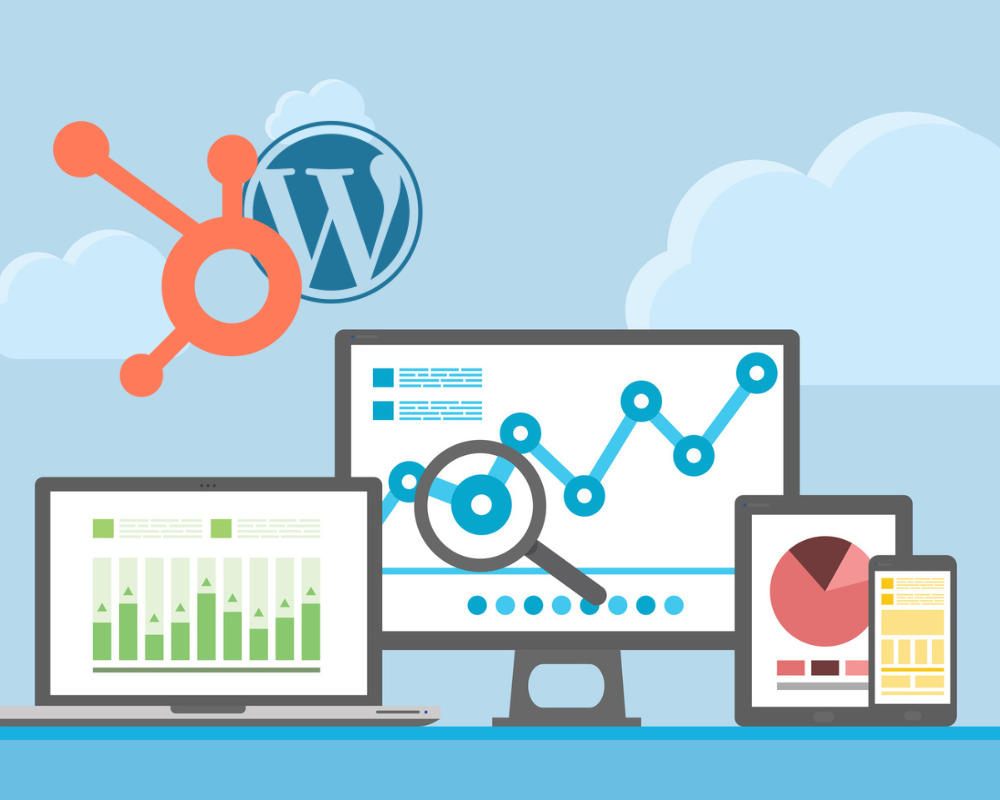What is Search Engine Marketing?

To expand your customer base and reach new heights in your business, it's crucial to understand the ins and outs of search engine marketing (SEM).
The business goal behind search engine marketing is to reach more people who are searching online for solutions to their problems by getting them to find your products and services as those solutions.
From our early “hunter-gatherer” days, humans have searched for solutions to their problems. For example, we search for food to solve the problem of being hungry. We search for shelter to solve the problem of protection from the elements and other predators.
These days, we search the internet for solutions to all kinds of problems. And that’s where search engine marketing comes in.
SEM includes a range of digital marketing techniques and strategies designed to increase your website's visibility on search engine results pages (SERPs). SEM is about getting your website — your products and services — to show up when people are searching for a solution that you can provide for them.
2 Basic Categories of Search Engine Marketing
SEM focuses on increasing your website's visibility on SERPs in two key ways — by optimizing your website to be more readily found organically, and through paid advertising.
Search Engine Optimization (SEO)
SEO aims to improve a website's organic (unpaid) search rankings by optimizing various on-page and off-page factors. This includes enhancing website structure, content relevance, keyword usage, and acquiring high-quality backlinks.
SEO strategies can help you increase your organic website traffic, improve visibility, and establish authority in search engine results.
Pay-Per-Click (PPC) Advertising
PPC advertising involves bidding on relevant keywords and placing targeted ads on search engine results pages. You only pay when users click on your ads, making PPC a cost-effective way to attract highly targeted traffic.
The most popular PPC platform is Google Ads, which allows you to create and manage ad campaigns across the Google Search Network and its advertising partners.
The Benefits of Search Engine Marketing
While the results you’re after with SEM include getting more people to find your company when they’re searching for solutions and then getting them to visit your website or your physical location to buy your products and services, you actually receive additional benefits along the way.
Some of the additional benefits of SEM include the following:
Increased Visibility and Brand Awareness
SEM helps you gain maximum online exposure by appearing prominently on search engine results pages. This increased visibility leads to enhanced brand awareness and recognition, making it more likely for users to engage with your business.
Targeted Advertising
SEM is able to be highly targeted, allowing you to reach your desired audience based on location, demographics, interests, and search intent. This precision targeting ensures that your ad spend is invested in reaching the most relevant and valuable prospects, increasing the likelihood of conversions.
Immediate Results
Unlike traditional marketing methods, SEM offers quick results. SEO generally takes a little longer to realize results over time, but PPC campaigns can be set up and launched rapidly, generating instant visibility and driving traffic to your website. This immediacy is especially advantageous for time-sensitive promotions and product launches.
Measurable Performance
There are extensive data and analytics tools associated with SEM that can measure and track your campaign performance. For example, you can monitor impressions, clicks, conversions, and other key metrics to evaluate the effectiveness of your efforts. This data-driven approach allows you to optimize campaigns, refine strategies, and allocate resources wisely.
Key Strategies for Effective Search Engine Marketing
Putting SEM to work for you involves strategically putting various things together into a cohesive plan. Some of the strategies you’ll need to consider include:
Keyword Research and Optimization
Thorough keyword research is the foundation of successful SEM campaigns. Understanding your target audience's search behavior and intent helps identify relevant keywords that should be incorporated into your website content, meta tags, and ad campaigns. Optimizing your web pages and ads with relevant keywords helps you drive qualified traffic to your company, which in turn helps you maximize conversions.
Compelling Ad Copy and Landing Pages
Effective SEM requires persuasive and engaging ad copy that entices users to click on your ads. The corresponding landing pages must align with the ad messaging in order to provide a seamless user experience. Your landing pages also must be well-designed with clear calls-to-action for maximum conversions.
Ad Testing and Optimization
SEM isn’t a “set it and forget it” kind of strategy. A best practice is to continuously test and refine your ad campaigns to improve performance. For example, you can experiment with different ad formats, headlines, images, and calls-to-action to identify the most effective combinations. A/B testing allows you to compare and optimize different variations, ensuring your ads generate the best possible results.
Ad Budgeting and ROI Analysis
Careful budget management is essential in SEM to ensure optimal allocation of your resources. You’ll want to regularly analyze the return on investment (ROI) of your campaigns to identify areas where budget adjustments or reallocations may be necessary.
For example, you may want to focus on high-performing keywords and ad groups while refining or pausing underperforming ones.
The Evolving Landscape of Search Engine Marketing
Search engine marketing continues to evolve as search engines and user behavior change. It is important for businesses to stay up-to-date with the latest trends and advancements to maintain a competitive edge.
Most recently, Artificial Intelligence (AI) and Machine Learning (ML) are transforming SEM by enabling more sophisticated ad targeting, automated bidding, and personalized ad experiences. Leveraging AI-powered tools can help you optimize your campaigns and improve overall performance.
Putting Search Engine Marketing to Work for You
As you can see, SEM is a dynamic and effective approach to boost your online visibility, attract a targeted audience, and drive business growth. Admittedly, there’s a lot involved in getting the high level of results you want. But you don’t have to figure it out on your own.
The SEM experts at WorldLight Media are here to help you implement search engine marketing efficiently and effectively.
For more help, check out our guide to inbound marketing. Or get in touch with the WorldLight Media team to talk more in-depth about how to put SEM to work for you.
Call us at (559) 9-DESIGN, or you can click here to use our convenient online form to ask for more information.
Either way, we look forward to connecting with you soon.







